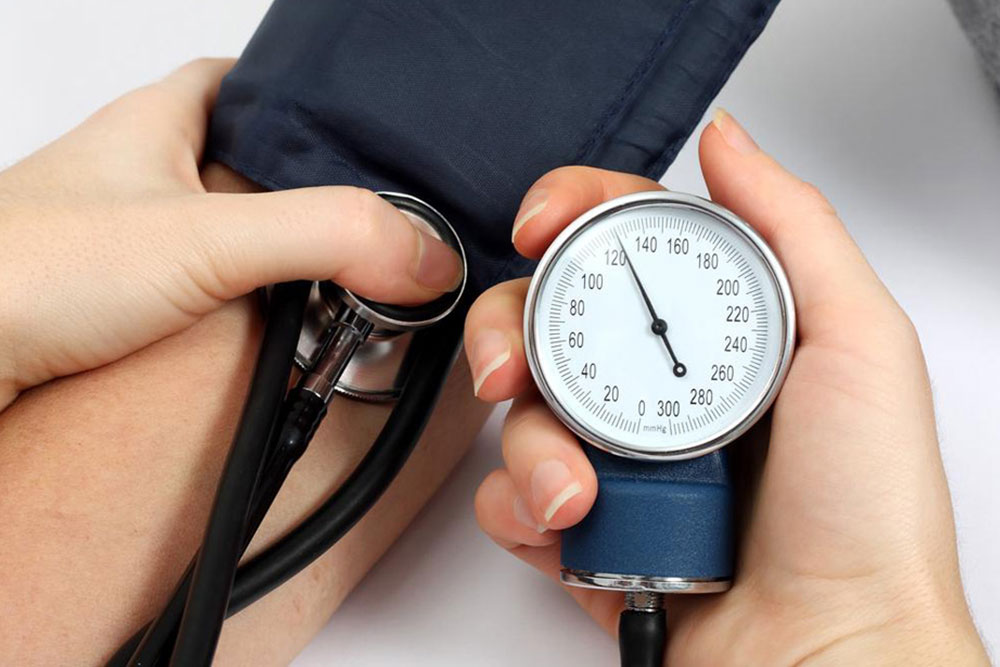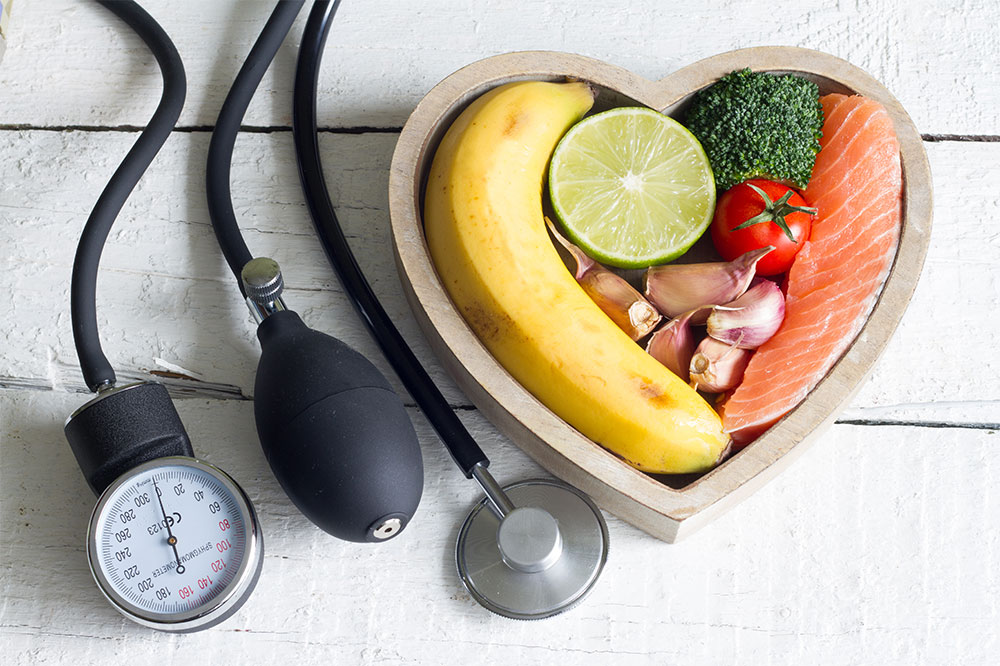Top 5 External Factors Contributing to Hypertension
This article explores five external factors that contribute to high blood pressure, emphasizing the importance of lifestyle modifications such as avoiding smoking, reducing alcohol intake, maintaining a healthy diet, staying active, and managing weight. Understanding these external causes helps in effectively preventing and managing hypertension for a healthier life.
Sponsored

Modern life’s pressures and constant stress have pushed many individuals toward physical and emotional exhaustion. Our relentless pursuit of material success often leads to neglecting health. Many believe that stress alone causes high blood pressure, assuming it will normalize with rest. However, this understanding is incomplete. Recognizing external triggers that influence blood pressure is crucial for effective prevention and management. Several external factors play a significant role in developing hypertension, which can be mitigated through lifestyle changes.
Here are five key external causes of high blood pressure:
Smoking - Cigarette smoking narrows blood vessels and reduces oxygen levels in the blood, forcing the heart to work harder, thereby increasing blood pressure.
Alcohol Intake - Excessive alcohol damages vital organs and elevates systolic blood pressure, raising the risk of cardiovascular issues.
Poor Diet - Consuming fatty and junk foods elevates blood pressure. Incorporate healthy fats like fish, nuts, and olive oil into your meals for better heart health.
Obesity - Overweight individuals experience increased resistance in blood vessels, which contributes to elevated blood pressure levels.
Sedentary Habits - A lack of physical activity and prolonged sitting can lead to hypertension. Regular movement helps maintain healthy blood pressure levels.
Adapting lifestyle choices is essential for controlling these external factors and reducing hypertension risks in the modern world.






